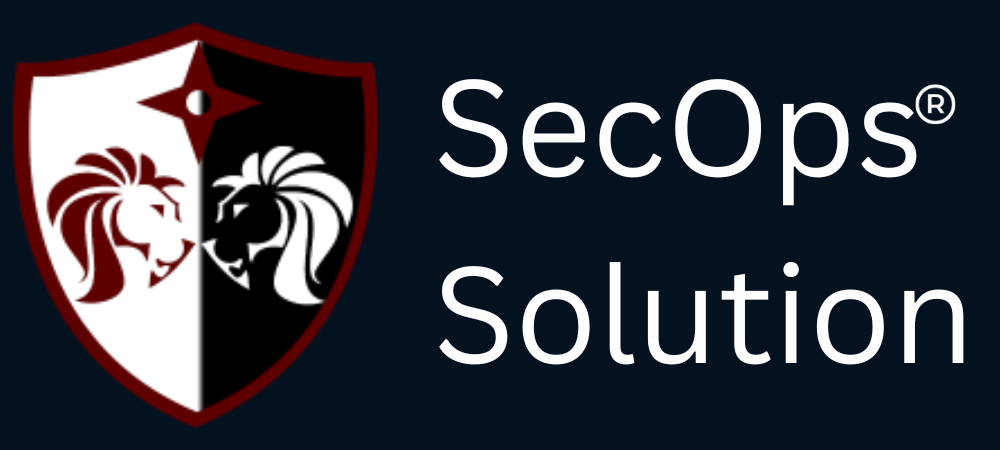
Agentless security for your infrastructure and applications - to build faster, more securely and in a fraction of the operational cost of other solutions

hello@secopsolution.com

ISO 27001 is a widely recognized standard for information security management. It provides a systematic approach for identifying, managing, and reducing the range of threats to which information is regularly subjected. The standard is designed to ensure that an organization has a comprehensive security management system (ISMS) to protect sensitive information from unauthorized access, use, disclosure, disruption, modification, or destruction.
The standard can be used by any organization, regardless of size or industry, and is suitable for organizations of all types and sizes. The standard is based on a risk management process and includes a set of security controls that organizations can implement to protect their information. Organizations can be certified as compliant with the standard by an accredited certification body, which assures customers, suppliers, and other stakeholders that the organization has appropriate security measures.
As an organization, you can create policies with the help of various free policy templates to maintain these standards as it will help you to enforce those policies on your organization easily when everything is written.
ISO 27001 is a widely recognized standard and can benefit any organization that needs to protect sensitive information. This includes organizations of all types and sizes, across various industries, such as:
ISO 27001 is particularly useful for organizations that handle sensitive personal data, as it provides a framework for managing that data in a secure manner. It is also beneficial for organizations that have to comply with regulatory requirements, such as HIPAA, PCI DSS, or the EU's General Data Protection Regulation (GDPR), as it can help them demonstrate compliance.
Even small and medium-sized businesses can benefit from ISO 27001 as it provides a structured and comprehensive approach to information security management and can help them to protect sensitive information and maintain the trust of their customers, employees, and other stakeholders.
Implementing ISO 27001 in small and medium-sized Enterprises (SMEs) can be challenging due to the limited resources and budgets that are often available. However, with careful planning and a phased approach, it is possible for SMEs to implement the standard and achieve certification.
You can follow the following steps to implement it at your level:
It is important to note that ISO 27001 implementation is a continuous process, and an organization will need to continuously monitor, review and improve its ISMS to maintain the certification.
SecOps Solution is an award-winning agent-less Full-stack Vulnerability and Patch Management Platform that helps organizations identify, prioritize and remediate security vulnerabilities and misconfigurations in seconds.
To schedule a demo, just pick a slot that is most convenient for you.